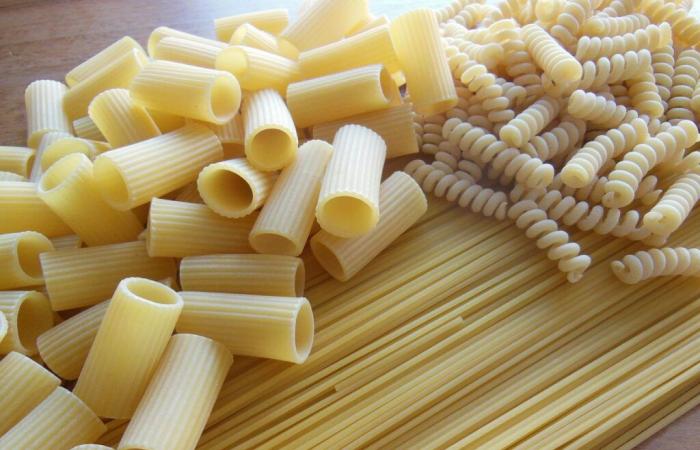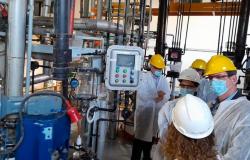They are the results of a URV-IISPV study after having tracking 6,000 adults with metabolic syndrome for two years
Overweight and obesity have become a public Health problem that affects more than 2.5 billion adults. Different studies have worked with the hypothesis that repeatedly consuming food called high glycemic index – which they quickly raise blood sugar levels after ingesting them – could contribute to the development of obesity and more long -term diabetes or cardiovascular disease. Now, a research team from the Rovira I University I Virgili (URV) and the Pere Virgili Health Research Institute (IISPV) has shown that the consumption of food paste improves metabolic risk factors compared to that of potatoes, bread or refined rice.
Cereals before breakfast, sugary drinks, bread, refined rice and potatoes, among others, are rapid absorption carbohydrates. They produce a sudden increase in blood glucose and insulin levels that stimulates appetite, fat tank and reduces energy losses. This favors obesity and hinders the use of glucose at the cellular level. Pasta, on the other hand, is also a food rich in carbohydrates, has a unique structure that makes these hydrates more slowly absorb, which causes a moderate glycemic response. When the pasta is in the degree of cooking called “Al Dente”, the glycemic index is even lower and this would prevent this exaggerated glycemic response from occurring after consumption.
In the absence of rigorous studies that evaluate the importance of paste consumption on cardiovascular risk or weight gain, the research team evaluated 6,000 people with a high risk of cardiovascular disease that were included in a weight loss program. He followed up in time to verify whether there was a relationship between the consumption of refined pasta and different cardiometabolic risk factors. It was observed that those who consumed more frequently pasta had a greater reduction in body weight, as well as the body mass index and perimeter of the waist after two years of study. In addition, replacing white bread, white rice or potatoes with equivalent paste rations was associated with a greater reduction of the same parameters and with an improvement of blood pressure and HDL cholesterol.
The study has focused on older adults with cardiometabolic risk of the Mediterranean basin. Now it will be necessary to check with randomized clinical trials if in other populations the results provide the same results.
The work is part of the Predimed-Plus multi-labor study, in which 23 research institutions in Spain participate. The investigation has been carried out by Caly Shyam, researcher Miguel Servet at the Pere Virgili Health Research Institute (IISPV), Stephanie K. Nishi, researcher at the Nutrition School at the Metropolitan University of Toronto and the professor and director of the URV Human Nutrition Unit, Jordi Salas-. The team is part of the Biomedical Research Center of the Pathophysiology of Obesity and Nutrition (CIBEROBN) and the IISPV.
BIBLIOGRAPHIC REFERENCE: Shyam s, nishi sk, ni j, martínez-gonzález má, corella d, schröder h, martínez ja, alonso-gómez ám, wärnberg j, vioque j, romaguera d, loomage-miranda j, lópez-miranda j, lópez-miranda j, tinahones FJ, Lapetra J, Serra-Majem L, Bueno-Cavanillas A, Tur Ja, Martín SáNchez V, Pintó x, Delgado-Rodríguez M, Matía-Martín P, Vidal J, Vidal J, Vidal J, Vidal J, V, Daimel L, ROS E, ROS E, ROS E, ROS E. Ruiz-Canela M, Fernández-Carrión R, GODAY A, Garcia-Ros A, Torres-Collado L, Cueto-Galán R, Zules Ma, Prohens L, Casas R, Hermoso Ma, tojal-Sierra L, tojal-Sierra L, AM GP, García-Amarllano A, Sorlí JV, Castañer O, Arenas-Larriva AP, Oncina-Cánovas A, Goñi L, Fitó M, Babio N, Salas-Salavadó J. Pasta Consumption and Cardiometabolic Risks in OLDALTS HOLTH Overweight/Obesity: a longitudinal analysis. J am Nutr Assoc. 2025 Feb 19: 1-13. Doi: 10.1080/27697061.2025.2463454.








